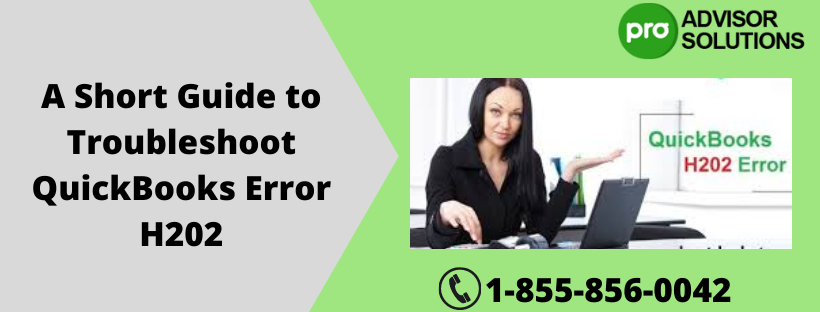Did you know that in the United Kingdom, the Association of British Insurers estimates that insurance fraud costs the industry around £2 billion per year? Well, insurance companies are particularly at risk of financial crimes such as money laundering because of the movement of a significant amount of funds to and from numerous businesses.
However, most insurance firms offer convenient policies and insurance services that give their customers investment opportunities to deposit and withdraw large amounts of funds with relatively lower amount reduction or interest rates.
The huge flow of money is one of the main reasons for ongoing fraud within the insurance industry. Therefore, many organisations implement AML requirements for insurance industry to combat these risks and prevent institutions from further loss.
In this blog, we will navigate some essential requirements for AML within the insurance sector and how these regulations help the industry fight against money laundering and other threats.
Money Laundering in Insurance Industry
Insurance and money laundering are connected with each other since insurance services are one of the means to conceal funds acquired illegally. However, there are numerous ways money laundering can be taken place via insurance sectors:
Fraudulent Insurance Claims
Criminals can make fraudulent claims to insurance companies in order to transfer their illegitimate funds through insurance systems. For instance, they may show a fake accident or false theft to claim insurance funds and receive money from the organisation.
Purchasing Insurance Services
Another way of money laundering is by using cash or other funds obtained illegitimately to purchase insurance services or policies in order to make them appear as legal funds or white money.
Premium Overpayments
On the other hand, money launderers or other financial criminals may use premium overpayments to move their illegal funds through the insurance system. For instance, they may pay a large premium upfront and request a refund of the excessive amount to launder money.
How Insurance Industries Combat Money Laundering?
In order to combat money laundering in the insurance sectors, these insurance organisations along with some regulatory entities implement anti-money laundering compliance regulations and policies within the institution. However, to apply AML compliance regulations, there are some requirements that insurance companies must fulfil for an effective fight against money laundering.
Conducting KYC Procedures
The first AML requirement for the insurance industry is conducting the KYC process. In order to conduct business safely, insurance organisations are required to establish procedures that allow them to identify their customers and assess the associated risk level. This process involves collecting personal information to verify the individual’s identity and ensuring the credentials provided are valid and accurate.
The company must also identify the type of customer such as individuals, legal entities, and foundations, and verify the ultimate beneficial ownership. Employees should evaluate each customer’s risk level and determine if the purpose of the insurance policy appears suspicious or is associated with money laundering. By answering these questions, the know-your-customer process allows the insurance company to make compliant business decisions.
Sanction Screening
In addition to the KYC process, insurance companies are required to conduct sanctions screenings to ensure that potential customers are not on a list of prohibited individuals or entities. This step involves verifying that a customer is not banned from purchasing specific insurance services. To comply with AML regulations, all insurance institutions should include sanctions screening measures in their programs.
Yet, if a customer is on a sanctions list, the firm should take appropriate measures such as blocking transactions or freezing assets and may need to report the attempted purchase of an insurance policy to authorities. To ensure an effective screening, these sectors should focus on the sanctions lists that are most relevant to their customers and jurisdiction, and conduct ongoing screenings to identify changes in a customer’s risk profile.
Keeping Track of Transactions
AML requirements for insurance companies also involve transaction monitoring. If a suspicious transaction related to insurance services or policies is detected, the company must file a unique form for insurance companies called SARs to the Financial Crimes Enforcement Network. The information on the form must include client information from various sources, such as insurance brokers and agents.
These reports must be filed if there are red flags such as a product that does not suit the customer’s needs, an early surrender with a penalty, or payments or refunds directed to a third party. Other suspicious signs may include the use of unusual payment methods and reluctance to provide personal information during the buying process.
Ongoing Monitoring
The last step of the AML requirements for insurance industry is ongoing monitoring and supervision, which is necessary to ensure proper implementation and enforcement of the AML measures. The board of directors is responsible for executing the AML program and hiring an AML compliance officer. They must ensure that anti-money laundering risks are properly monitored and that all activities are carried out in compliance with regulations. The compliance officer should have expertise in AML processes and serve as a resource when designing and implementing compliance programs.
Bottom Line
Insurance companies must implement numerous AML regulations to identify and combat financial crimes such as money laundering or financing terrorism. However, in this KYC AML Guide, you learned about four major AML requirements for the insurance industry that must be fulfilled to prevent the organisation from financial loss.
Yet, these requirements include the KYC process, sanction screening, transaction monitoring and continuous supervision to keep track of the updated user information. Thus, by using automated programs, these insurance industries can implement each step of these requirements more quickly and get more enhanced outcomes.




